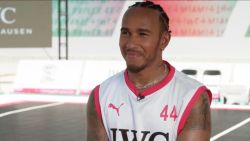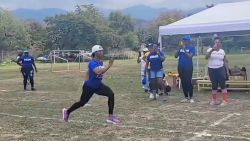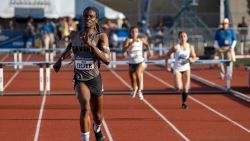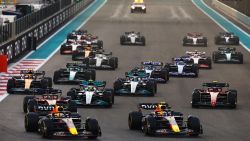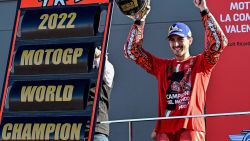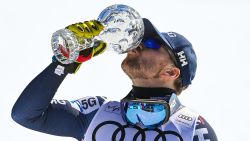You don’t get to be the world No. 1-ranked chess player without plotting multiple moves ahead.
“I have a simple rule in life, if you are to fight the champ in anything – do it virtually,” quipped Magnus Carlsen in a tweet after it was announced a 10-year-old app version of himself was going to take on former world champion boxer Manny Pacquiao in a charity chess match on October 1.
A keen chess player, Pacquiao is also all too aware of the challenge he’s facing.
“I’ve fought some tough opponents in the ring, but I’ve never faced anyone like @magnuscarlsen in a game of chess,” said Pacquiao.
Ever since he beat former world champion Anatoli Karpov to clinch the title of grandmaster at the age of 13, Norwegian Carlsen has become known for the psychological edge he has over his competitors.
“I think being mentally flexible is very important during the game,” Carlsen tells CNN Sport. The Norwegian, along with Anish Giri and Polish prodigy Jan-Krzysztof Duda, was reflecting on the secret to becoming a chess grandmaster.
“The conditions will shift during the game, something you thought was right may not turn out to be right, the situation changes from attacking [to] defending,” added Carlsen.
“So being able to endure those changes without losing your focus and also kind of without losing your composure is very, very important.”
Giri is the No. 1-ranked Dutch chess player. Like Carlsen, he believes that having the ability to maintain concentration for long periods of time, and stay mentally agile, is the key to success in the chess arena.
“Concentration is very, very important during the game […] because the thing with chess is that it’s very unforgiving,” Giri tells CNN Sport.
“Just a few seconds of lost concentration and one rash decision could sort of ruin the whole game.
“And so it’s important to just maintain the concentration throughout and for that you need, of course, mental stability.”
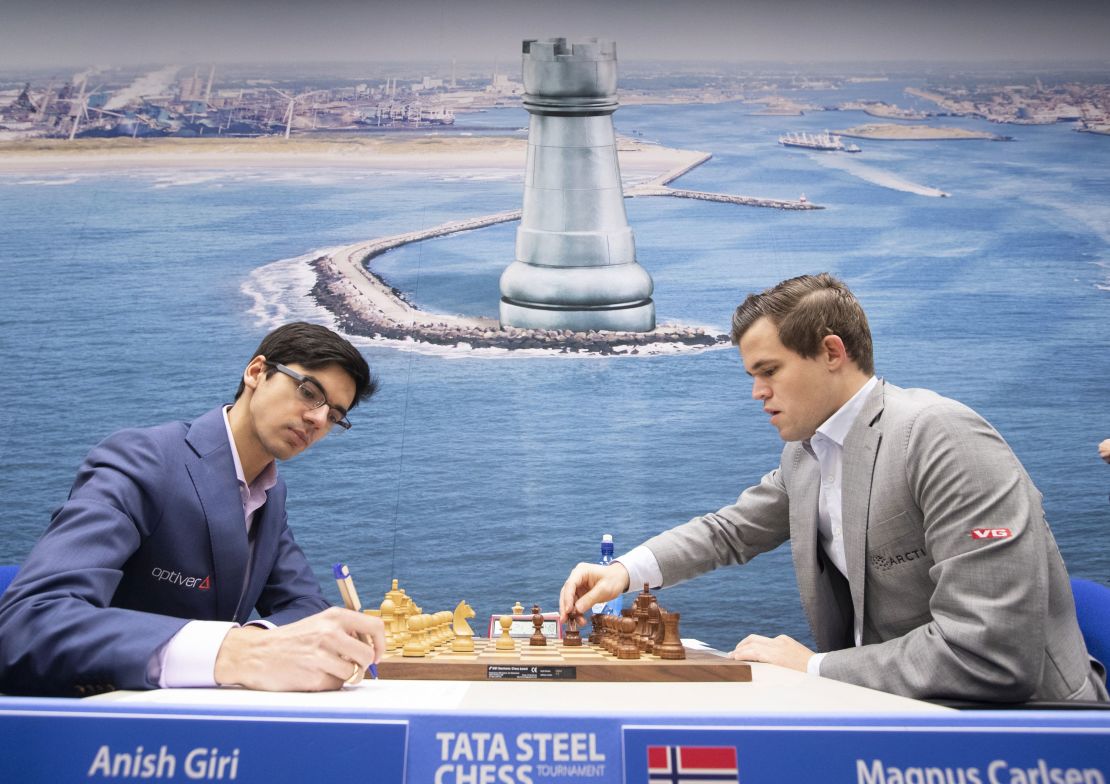
A spark of ambition
Carlsen has early memories of dedicating hours of practice to the sport.
By the age of five, his father had taught him how to play chess, but it wasn’t until later that his hobby became a fully-fledged craft.
When he finished primary school, he spent the following year traveling across Europe to play chess, collecting multiple accolades and eventually earning the top spot in the International Chess Federation (FIDE) rating list in 2010.
“Growing up, I always had to play against stronger players than me,” Carlsen says.
“But something happened when I was 16, 17 years old. I was playing against the best players in the world, my mentality changed a bit.
“So now, I need to be like, the strongest. I need to have the toughest mentality in order to get the better of them. And I think after I changed that mindset, I went from being one of the best players to somebody who could actually actually be the best.”
Playing against opponents who had more experience than Carlsen certainly paid off.
In 2012, he won the London Chess Championship for the third time, but he rose to fame that same year, when his rating increased to 2861, breaking Russian legend Garry Kasparov’s record of 2851 – which had remained unbeaten since 1999.
Carlsen’s stellar run was a precursor to his most momentous achievement to date, when he beat Indian chess grandmaster Viswanathan Anand to become a world champion at the age of 22.
“I think there are a lot of factors that can decide whether you will become a very strong chess player, even a grandmaster or one of the top players in the world,” he says.
“For me, personally, it’s been about putting in the time, obviously. And for me, I don’t think I ever could have gotten far in chess without the grade levels again, that’s been what’s been driving it for me […] all of these years, and as soon as I lose that, I would quit.”
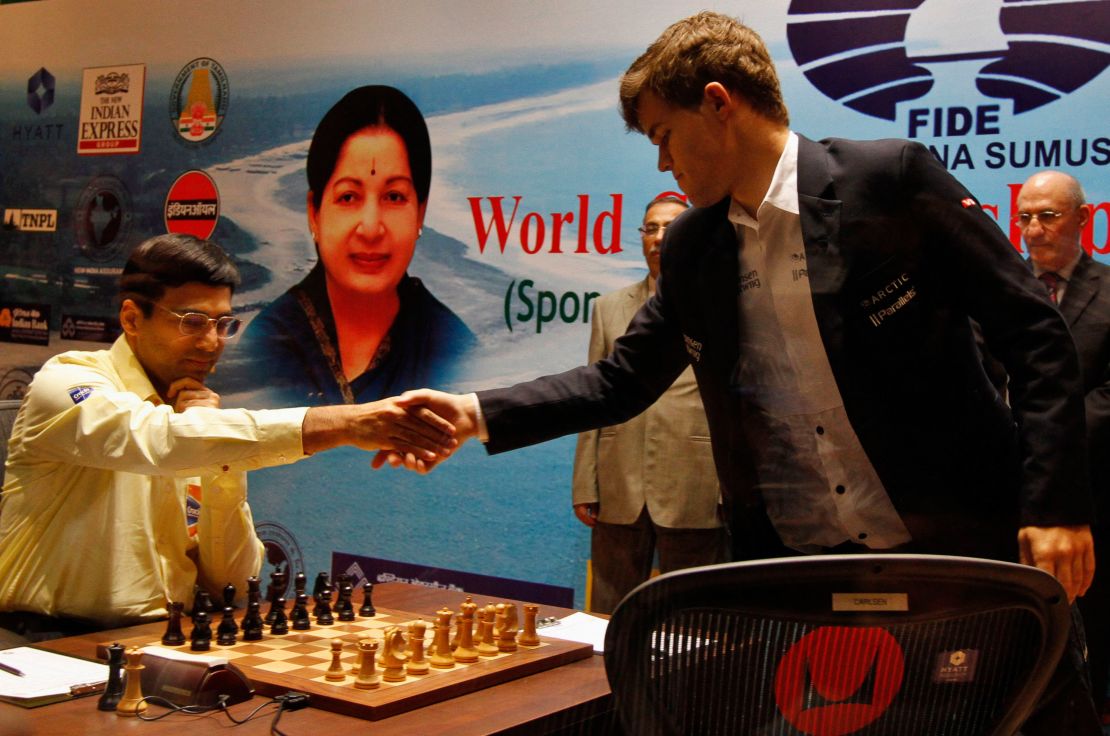
Chasing a coveted prize
Having conquered the world of chess, Carlsen is now chasing the first ever NFT trophy in the sport’s history.
The coveted prize will be presented to the winner of the Champions Chess Tour 2021, which sees the most-skilled players in the world compete across ten tournaments of rapid chess.
“NFTs are certainly something I’ve known about for a while. A lot of my friends are into crypto, so they were talking about that quite a long time ago, and I feel like it’s really interesting that the tour is now incorporating those into the event. And then we’ll see what the interest is. But certainly, for me it’s going to be a fun ride,” Carlsen says.
“I know that the NBA with Top Shot has already really embraced the NFT market, and I do believe that more and more sports are looking into making NFTs an important part of sports memorabilia.”
As well as adding another accolade to his brimming trophy cabinet, Carlsen is also excited by the prospect of sharing his victory with his supporters.
“Fans will be able to buy a version of the Champions Chess Tour trophy as well as highlights and other chess moments from the tour. As long as I win the trophy then I’m very happy to share it with anybody!”
Hours of practice
Few have come as close to Carlsen’s luster in their chess endeavors as Giri, who became a grandmaster when he was 14 – making him the youngest person in the world to achieve that title at the time.
A four-time Dutch chess champion, he beat Carlsen in 22 moves at the Tata Steel Chess Tournament in 2011. Having won numerous medals since, he is now the No.7-ranked chess player on the global stage.
Like his peer, he believes that devoting time to training – often in place of other activities – is what separates the best players in the world from chess enthusiasts.
“To be a top chess player, you definitely put in a lot of free time. It’s easier to say how many hours I didn’t spend on chess than to say how many hours I did. I mean honestly, at some point, all my free time I was just busy with chess. Of course, I would do all the things that I had to do like I would go to school, few other things that I had to do,” Giri says.
“My mom would ask me sometimes to clean my room or to wash the dishes or whatever it was just to keep me away from just because it was abnormal, how much time I used to spend as a kid.
“I think this is necessary also if you want to be the best at anything pretty much.”
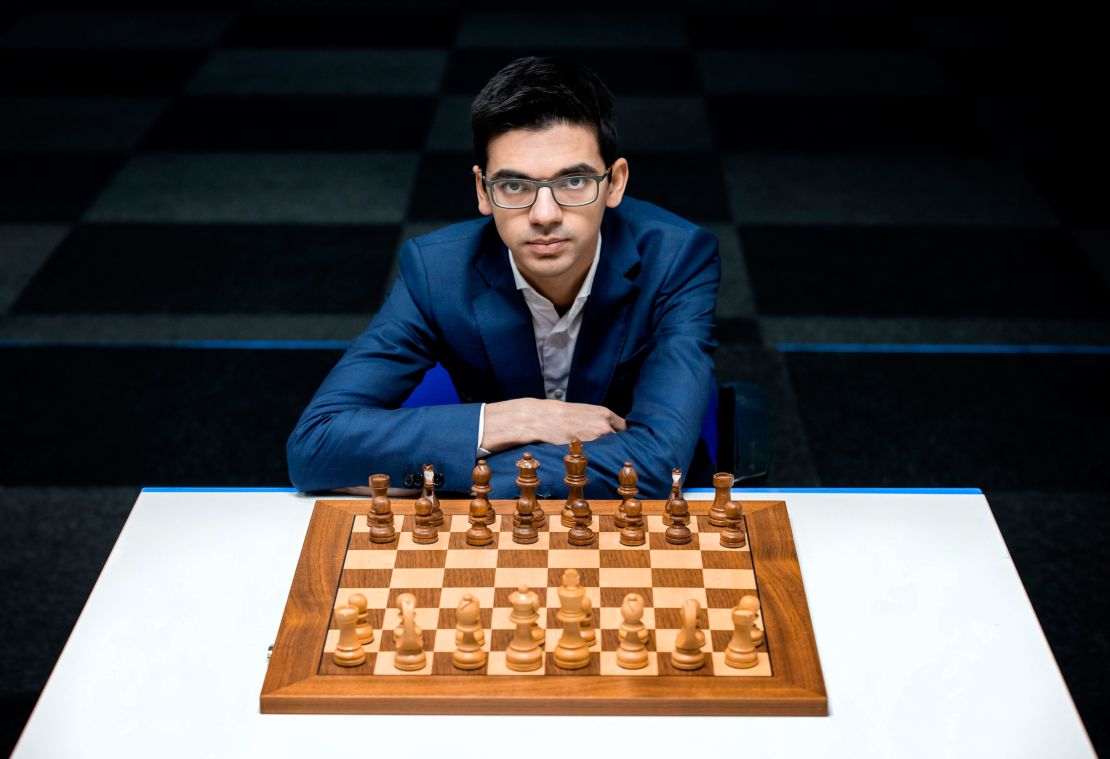
Maintaining an equilibrium
For others, knowing that they have the ability to become a champion feels instinctive.
Duda says that after he won the World U-10 Championship in 2008, he knew he would become a grandmaster.
“In general, it’s kind of funny, you know that when I was young […] it was kind of very obvious to me that one day I will become the world champion.”
As a child, he was on course for success, undertaking six-hour practice sessions with his coach at the time. While he has since reaped the rewards, being able to maintain such focus from a young age was “very difficult.”
“It takes a lot of time, mostly, you have to really focus on chess and on chess only. You have to play in a lot of tournaments, think about chess all the time.”
He went on to become a grandmaster at the age of 15 and won a series of awards as a junior competitor, including the European U-14 Championship.
Now ranked No. 15 in the world, he’s known for his creative style of play and ability to make rapid decisions.
But even as a high-level competitor, Duda says that being able to disconnect from his surroundings and give his full attention to the game at hand can be challenging. From time to time, he says he punctuates his matches by standing up and walking, in order to maintain an equilibrium.
“I would say that my concentration level is probably kind of below my colleagues.
“Taking into account my age […] I should be capable of doing one thing at a time but sometimes, you know, I like to just think about something else during the game.
“You need to find a balance, like in everything in life basically.”
‘You have to really love the game’
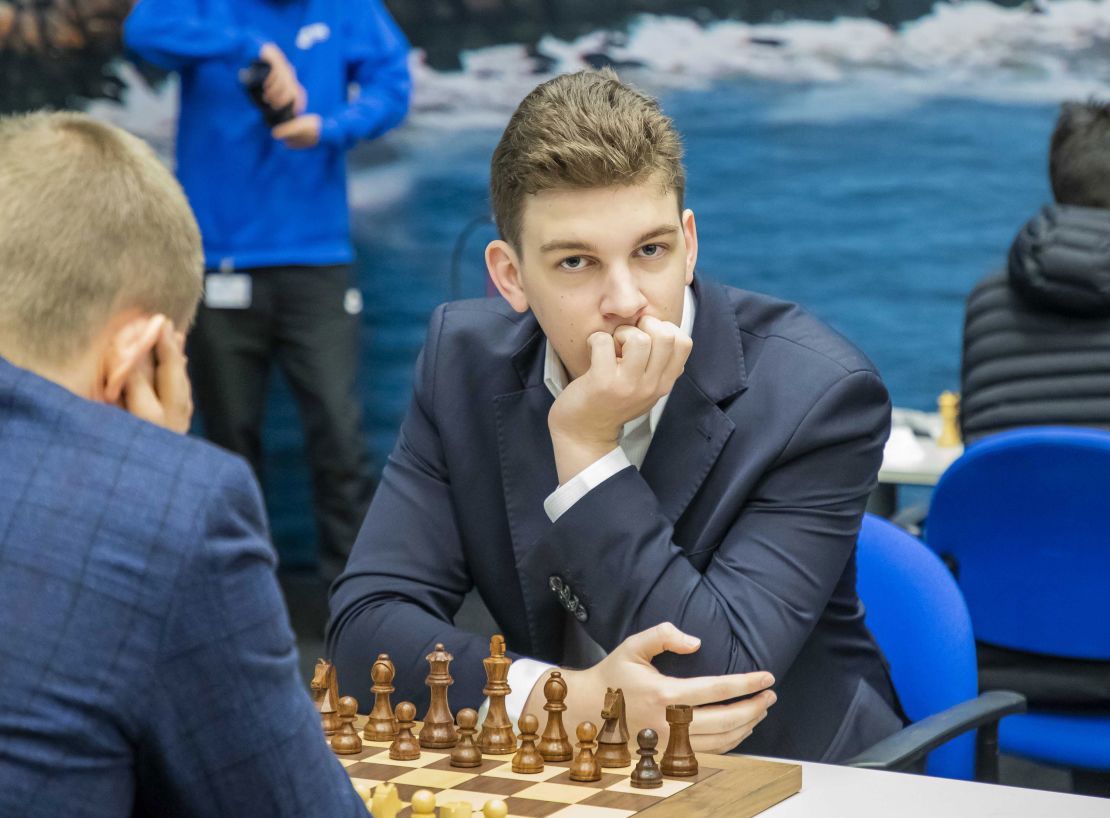
While all three grandmasters have followed alternative routes to success, what threads them together is their fidelity to their craft.
Giri says that he has an unadulterated passion for chess which sustains his ambition, and fuels his desire to work hard.
“You have to really love the game, and that usually goes well with key qualities. You should be okay to be on your own usually, to be without other people around and not feel that you lack something, just to be fine with you, yourself and your thoughts.
“Just to immerse into something and forget about everything else.”
Carlsen agrees.
“Personally, I’m not 100% sure what the main skills are for a top chess player because normally when people ask me how do you do this and this and this, I don’t know, I’ve just been doing it for a long time and I’ll tell you why something is right, something is wrong,” he says.
“Patience, and having the capability to be analytical […] to learn from your mistakes is important.
“It’s important to make quick decisions and be able to be confident in those because they’re often based on fairly limited data.
“It’s very hard for me to say whether my skills are transferable. I think what a lot of people say is that if you play some chess, that can help you out in other parts of life.
“But if you only play chess, you will only be good at chess. So that’s what I know. So far I’ve only tried chess so that’s the only thing that I know that I’m good at.”
CNN’s Alvin Whitney contributed to this report.


